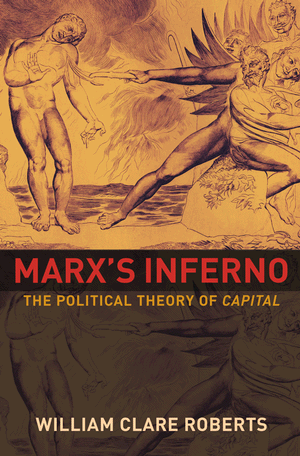To borrow some words of George Orwell's when he first saw revolutionary Barcelona, "I recognized it immediately as a state of affairs worth fighting for."I'm less interested in the particular content of Hitch's woe-is-me whining than on the odd tic shared by many liberal hawks and neocons of latching on to Orwell as some sort of iconic predecessor, who trod well before them down the path of resolute, clear-eyed idealism. I just want to note a few inconvenient aspects of Orwell (especially the Orwell of Homage to Catalonia--a marvelous book):I mention Orwell for a reason, because Mark Daily wasn't yet finished with sending me messages from beyond the grave. He took a pile of books with him to Iraq, which included Thomas Paine's The Crisis; War and Peace; Ayn Rand's Atlas Shrugged (well, nobody's perfect); Stephen Hawking's A Brief History of Time; John McCain's Why Courage Matters; and George Orwell's Animal Farm and 1984. And a family friend of the Dailys', noticing my own book on Orwell on their shelf, had told them that his own father, Harry David Milton, was "the American" mentioned in Homage to Catalonia, who had rushed to Orwell's side after he had been shot in the throat by a Fascist sniper. This seemed to verge on the eerie. Orwell thought that the Spanish Civil War was a just war, but he also came to understand that it was a dirty war, where a decent cause was hijacked by goons and thugs, and where betrayal and squalor negated the courage and sacrifice of those who fought on principle. As one who used to advocate strongly for the liberation of Iraq (perhaps more strongly than I knew), I have grown coarsened and sickened by the degeneration of the struggle: by the sordid news of corruption and brutality (Mark Daily told his father how dismayed he was by the failure of leadership at Abu Ghraib) and by the paltry politicians in Washington and Baghdad who squabble for precedence while lifeblood is spent and spilled by young people whose boots they are not fit to clean. It upsets and angers me more than I can safely say, when I reread Mark's letters and poems and see that—as of course he would—he was magically able to find the noble element in all this, and take more comfort and inspiration from a few plain sentences uttered by a Kurdish man than from all the vapid speeches ever given. Orwell had the same experience when encountering a young volunteer in Barcelona, and realizing with a mixture of sadness and shock that for this kid all the tired old slogans about liberty and justice were actually real.
1. Orwell was a revolutionary socialist. His moment of truth in Spain came when he realized that the Communist Party supported by the USSR was actually counter-revolutionary and opposed to the Troskyite, autonomist, and anarchist factions that were carrying out a revolutionary transformation of Spanish society. In Iraq, the US is playing the same role that the USSR played in Spain--wrecking any possible autonomous movement in the service of creating a bourgeois ally. What has Hitch, for example, done to alert us to the truly revolutionary and autonomous movements of Iraq? Well?
2. This brings us to a second difficulty: Orwell went to Spain, joined the militia, took up a rifle, and went to the line. If those who believed that the invasion and occupation of Iraq was as just a struggle as the fight against Franco had packed up their duffel bags and gone over there, rather than writing loudly about what they have not experienced, the discourse about this war would have a radically different shape.
3. Finally, and this gets to the heart of things, Orwell cared more about telling the truth about Spain than about his own skin. He went to Spain a naive idealist, thinking there was just a black and white struggle between Fascism and Freedom, but he discovered that the Communists were allied with the business class, and were more willing to lose to Franco than they were to let the workers and peasants actually revolutionize Spain. The Fascists were bad--crypto-feudalists mixed in with big industrialists and reactionary military types--but that didn't make everyone on the other side good. The bourgeoisie and the Soviet-backed Communists were deeply conservative and very interested in preventing Spain from getting "out of hand." And, it turned out, they were the best friends Franco ever had, since they purged the Left of all revolutionary momentum, split the opposition, demoralized the sources of resistance, and turned the country over to the Fascists.
Does any intellectual honesty exist among the pro-war camp? Did anyone really think that George W. Bush leading an invasion and occupation of Iraq was going to turn out well for the people of Iraq--as opposed to the opportunists and mafia-class entrepreneurs? Really? There was never a revolutionary case for supporting Bush's little adventure on the Tigris. Never. Anyone who thought there was should have at least had the decency to go fight for such a revolution. And anyone who didn't really have revolutionary hopes for Iraq had better leave the mantle of Orwell bloody well alone.
